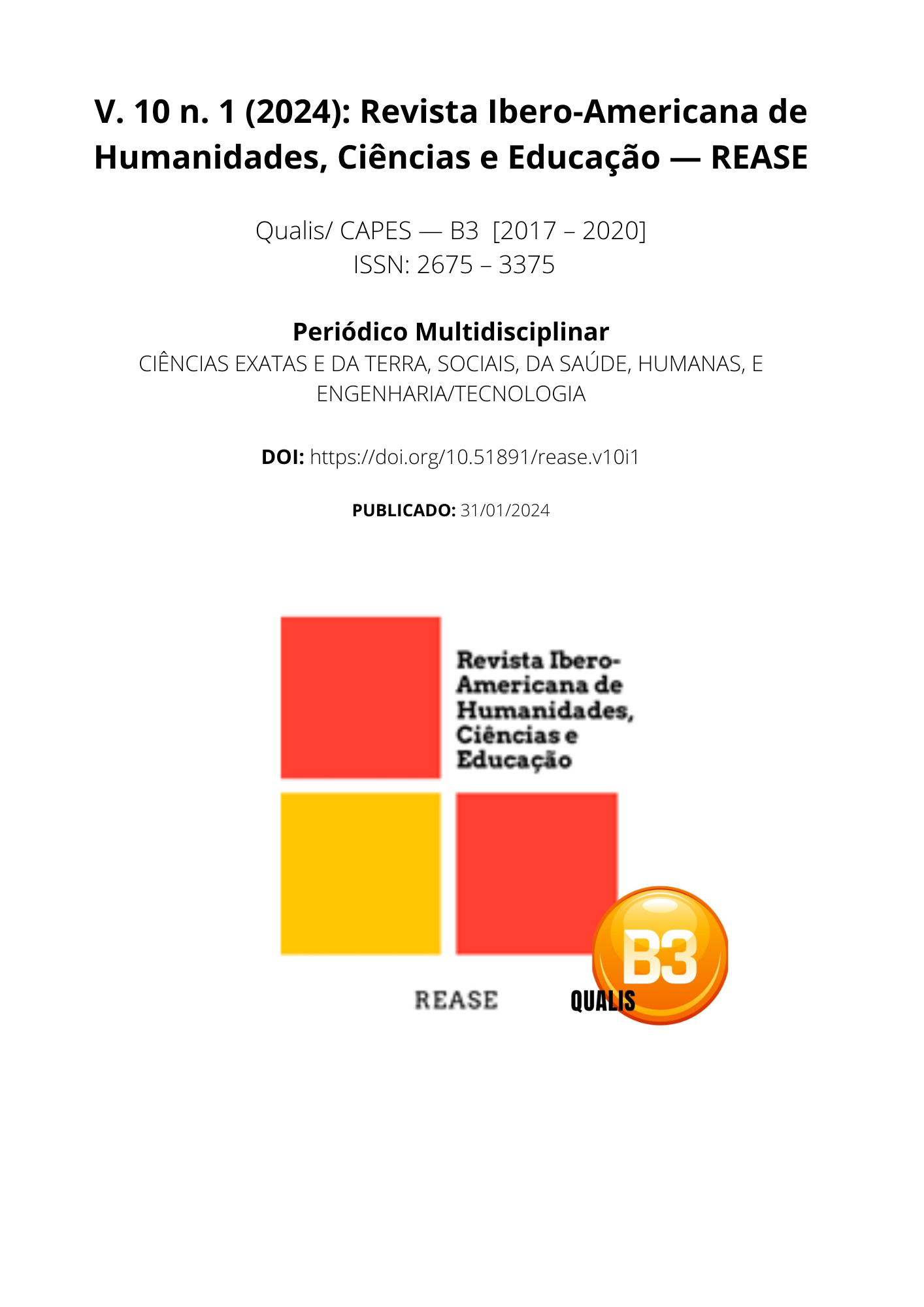DISCOVERING THE POTENTIAL AND CHALLENGES OF ARTIFICIAL INTELLIGENCE IN THE MILITARY POLICE OF PARANÁ: STRATEGIES FOR PREDICTING AND PREVENTING CRIMES
DOI:
https://doi.org/10.51891/rease.v10i1.13019Keywords:
Artificial Intelligence. Military Police of Paraná. Crime prediction. Public Security. Technology.Abstract
The use of Artificial Intelligence (AI) in the Military Police of Paraná (PMPR) highlights the role of technology in transforming police work and relations with communities. The PMPR, which has around 20,000 police officers distributed across 31 battalions, has invested in artificial intelligence to improve its operations. An example is APP 190 – Emergency Paraná, video surveillance cameras with facial recognition capabilities, drones for aerial patrolling, facial recognition systems for identifying suspects and analyzing behavioral patterns. Artificial Intelligence helps prevent, investigate and combat crime and improve operational efficiency and quality of services. Crime prediction, analysis of historical and current data and strategic decision-making are areas of application of Artificial Intelligence. However, the implementation of AI to PMPR raises ethical and legal challenges, such as ensuring transparency, fairness and avoiding excessive dependence on technology. The integration of AI into PMPR represents a significant advance, but measures must be implemented to reduce risks and ensure that the technology is used ethically and responsibly. The balance between technological innovation and the fundamental principles of justice and equity is fundamental to the success of this evolution in public security.
Downloads
Downloads
Published
How to Cite
Issue
Section
Categories
License
Atribuição CC BY

